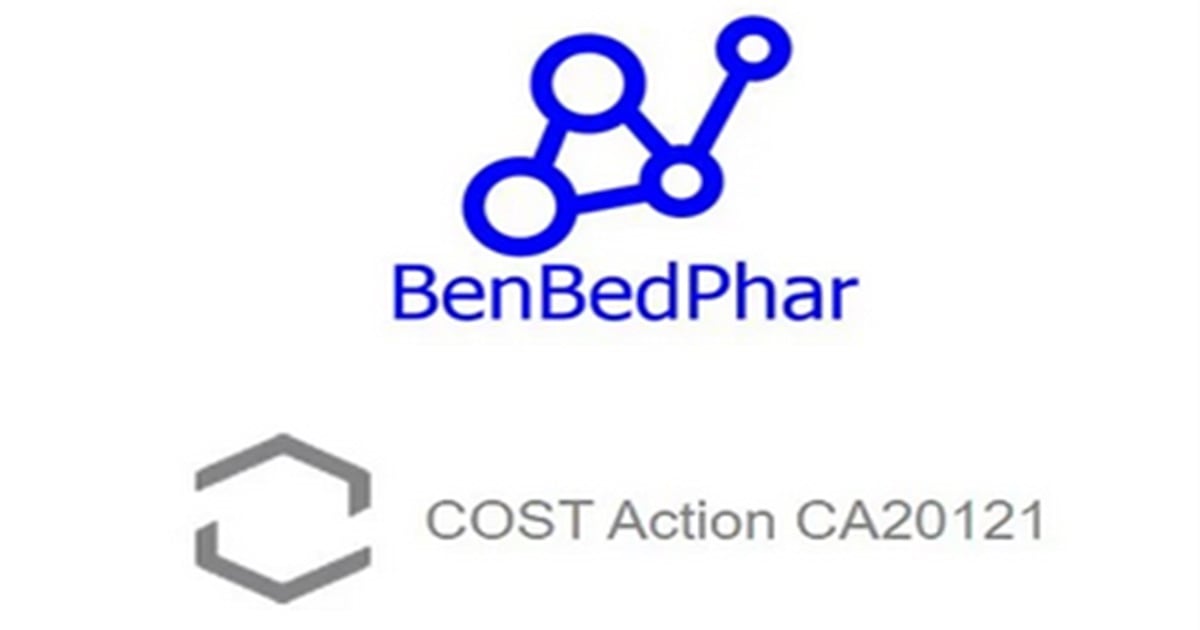- 6.6Impact Factor
- 12.4CiteScore
- 18 daysTime to First Decision
NRF2 in Non-Communicable Diseases
This special issue belongs to the section “Health Outcomes of Antioxidants and Oxidative Stress“.
Special Issue Information
Dear Colleagues,
We are pleased to invite you to contribute to the upcoming Special Issue on "NRF2 in Non-Communicable Diseases", which will explore the critical role of the NRF2 pathway in various chronic diseases, including neurodegenerative disorders, cardiovascular diseases, metabolic syndromes, and cancer.
NRF2 is a master regulator of cellular defense mechanisms, playing a pivotal role in redox homeostasis, inflammation control, and metabolic adaptation. Dysregulation of NRF2 signaling has been implicated in the pathogenesis of multiple non-communicable diseases (NCDs), highlighting its potential as a therapeutic target.
This Special Issue aims to gather cutting-edge research and comprehensive reviews that address the following topics:
- Molecular mechanisms of NRF2 in NCDs;
- Therapeutic strategies targeting NRF2;
- NRF2 crosstalk with other signaling pathways;
- Clinical and translational perspectives of NRF2 modulation.
We welcome original research articles, reviews, and perspectives from experts in the field. Your contributions will help advance the understanding of NRF2 biology and its potential for innovative therapeutic interventions.
We also invite researchers in the field and the participants of The COST Action CA20121 - Bench to Bedside Transition for Pharmacological Regulation of NRF2 in Non-Communicable Diseases (BenBedPhar) to submit their latest research findings to this Special Issue. We look forward to reading your contributions.
Dr. Isabel Lastres-Becker
Guest Editor
Manuscript Submission Information
Manuscripts should be submitted online at www.mdpi.com by registering and logging in to this website. Once you are registered, click here to go to the submission form. Manuscripts can be submitted until the deadline. All submissions that pass pre-check are peer-reviewed. Accepted papers will be published continuously in the journal (as soon as accepted) and will be listed together on the special issue website. Research articles, review articles as well as short communications are invited. For planned papers, a title and short abstract (about 250 words) can be sent to the Editorial Office for assessment.
Submitted manuscripts should not have been published previously, nor be under consideration for publication elsewhere (except conference proceedings papers). All manuscripts are thoroughly refereed through a single-blind peer-review process. A guide for authors and other relevant information for submission of manuscripts is available on the Instructions for Authors page. Antioxidants is an international peer-reviewed open access monthly journal published by MDPI.
Please visit the Instructions for Authors page before submitting a manuscript. The Article Processing Charge (APC) for publication in this open access journal is 2900 CHF (Swiss Francs). Submitted papers should be well formatted and use good English. Authors may use MDPI's English editing service prior to publication or during author revisions.
Keywords
- NRF2
- oxidative stress
- inflammation
- proteostasis
- mitochondria
- redox homeostasis

Benefits of Publishing in a Special Issue
- Ease of navigation: Grouping papers by topic helps scholars navigate broad scope journals more efficiently.
- Greater discoverability: Special Issues support the reach and impact of scientific research. Articles in Special Issues are more discoverable and cited more frequently.
- Expansion of research network: Special Issues facilitate connections among authors, fostering scientific collaborations.
- External promotion: Articles in Special Issues are often promoted through the journal's social media, increasing their visibility.
- e-Book format: Special Issues with more than 10 articles can be published as dedicated e-books, ensuring wide and rapid dissemination.

